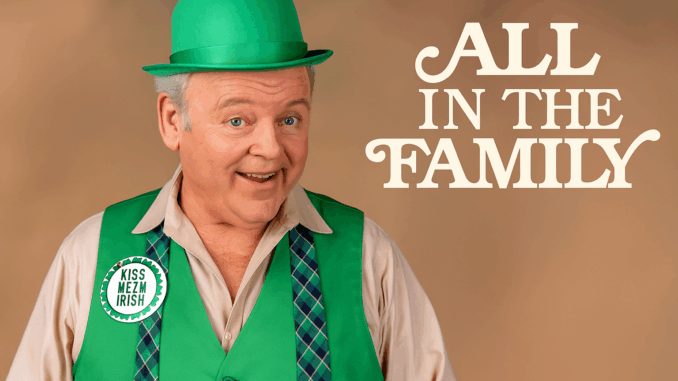
Archie Bunker: A Character That Defined an Era
When Carroll O’Connor first stepped into the role of Archie Bunker in All in the Family, television would never be the same. Debuting in 1971, the show introduced audiences to a character who was both controversial and unforgettable, sparking conversations about race, politics, gender, and generational divides.
Carroll O’Connor’s Brilliant Performance
O’Connor’s ability to bring Archie to life with authenticity and complexity made him one of TV’s most talked-about characters. While Archie was often stubborn, opinionated, and flawed, O’Connor infused him with humanity and humor that kept audiences engaged week after week. His performance earned critical acclaim, including four Emmy Awards.
Breaking Ground in Television
All in the Family wasn’t just another sitcom—it redefined what television could be. The show tackled real-world issues with bold honesty, using Archie Bunker as the lens through which audiences confronted uncomfortable but important topics. O’Connor’s performance helped normalize the idea that sitcoms could be both entertaining and socially relevant.
The Cultural Impact of Archie Bunker
Archie Bunker became more than just a character; he became a cultural symbol of a changing America. For some, he represented outdated views that were being challenged in the 1970s. For others, he was a reminder of the everyday struggles and conversations happening in households across the country. O’Connor’s work turned Archie into a mirror of society, sparking debates that still resonate today.
A Lasting Legacy
Decades after All in the Family ended, Carroll O’Connor’s portrayal of Archie Bunker continues to be studied, celebrated, and remembered. The role not only cemented O’Connor as one of television’s greatest actors but also secured Archie Bunker’s place as one of the most influential characters in TV history.
Why Archie Still Matters Today
In today’s world, where television continues to reflect society’s challenges, Archie Bunker’s character remains a benchmark. O’Connor’s fearless performance reminds us that sitcoms can entertain while also encouraging important conversations—a legacy that continues to inspire modern television writers and actors.